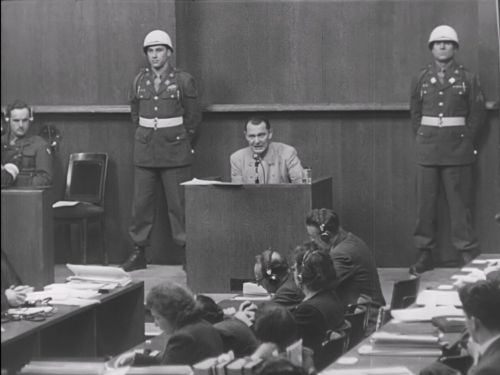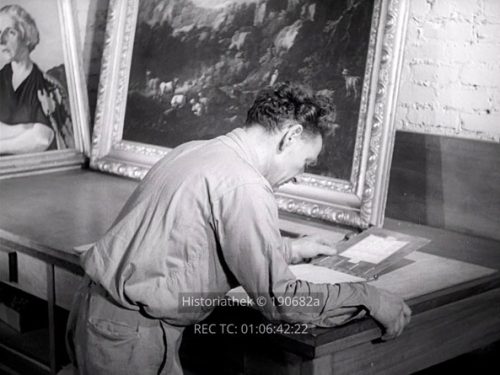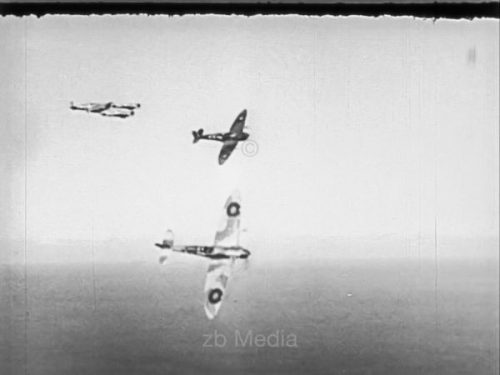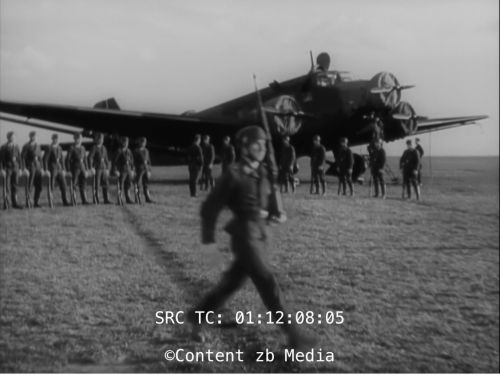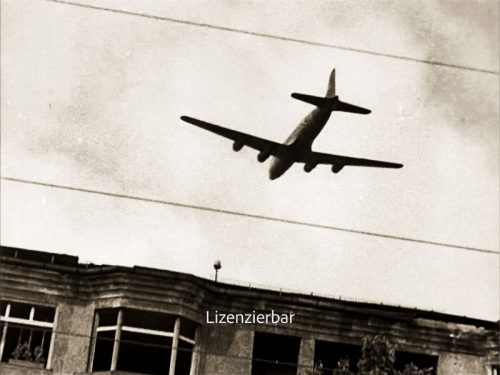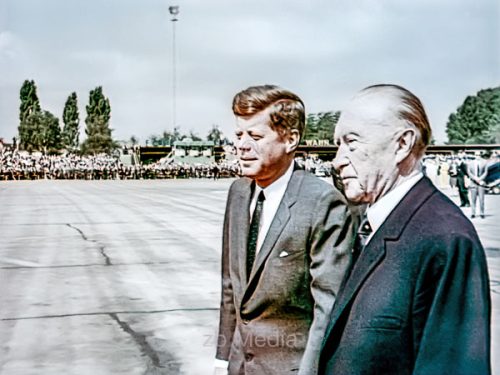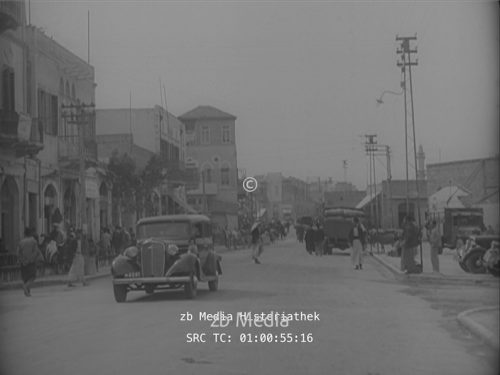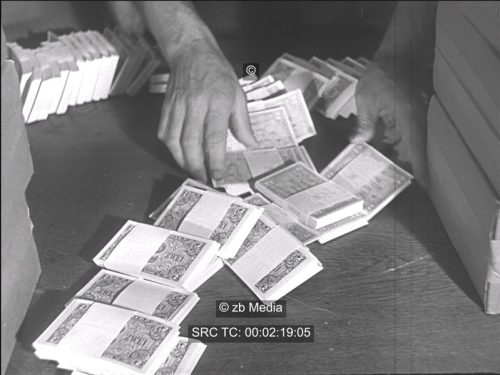Hermann Göring at Nuremberg Trial 1946. film length 3:30. a licence fee of 7 times 30 seconds is charged to purchase a licence for the complete contribution. #191352.
Film – Hermann Göring at Nuremberg Trial 1946
Description
Hermann Göring Nuremberg Trial 1946
Nuremberg Trial; Germany 1946. court martial proceedings against the main perpetrators of the 2nd World War. Courtroom; pan to the prisoners in the dock with Hermann Göring and other defendants. Field Marshal Kesselring on the witness stand. Judge’s bench; Judge Robert H. Jackin presiding. Goering goes to the witness stand and sits down. Göring testifies about the will to maintain power and about Vidkun Quisling from Norway; clips of spectators.
Historical context
The Nuremberg Trials of 1946 were a series of military tribunals held after the Second World War to try prominent leaders of Nazi Germany for war crimes. At the initiative of the Allied powers – primarily the United States, the Soviet Union, the United Kingdom and France – the trials were intended to bring justice for atrocities and other war crimes committed during the Holocaust. The trials took place in Nuremberg, Germany, a symbolic location associated with Nazi marches and laws.
The historical context of the Nuremberg Trials includes:
In May 1945, Nazi Germany was defeated, leading to the surrender of German forces and the capture of key Nazi leaders.
The Allies uncovered extensive evidence of genocide, crimes against humanity and violations of the laws of war, in particular the systematic extermination of six million Jews and millions of other people deemed undesirable by the Nazi regime.
The Allied powers agreed that the Nazi leaders had to be held accountable through an international trial and not through summary executions or politically motivated reprisals.
The trials were unprecedented and introduced new principles in international law, in particular the concept that individuals, including state leaders, could be held criminally responsible for actions on behalf of a government.
These trials represented a significant step in the development of international criminal law and set a precedent for later war crimes tribunals.
Additional information
| Brand | Historiathek |
|---|

